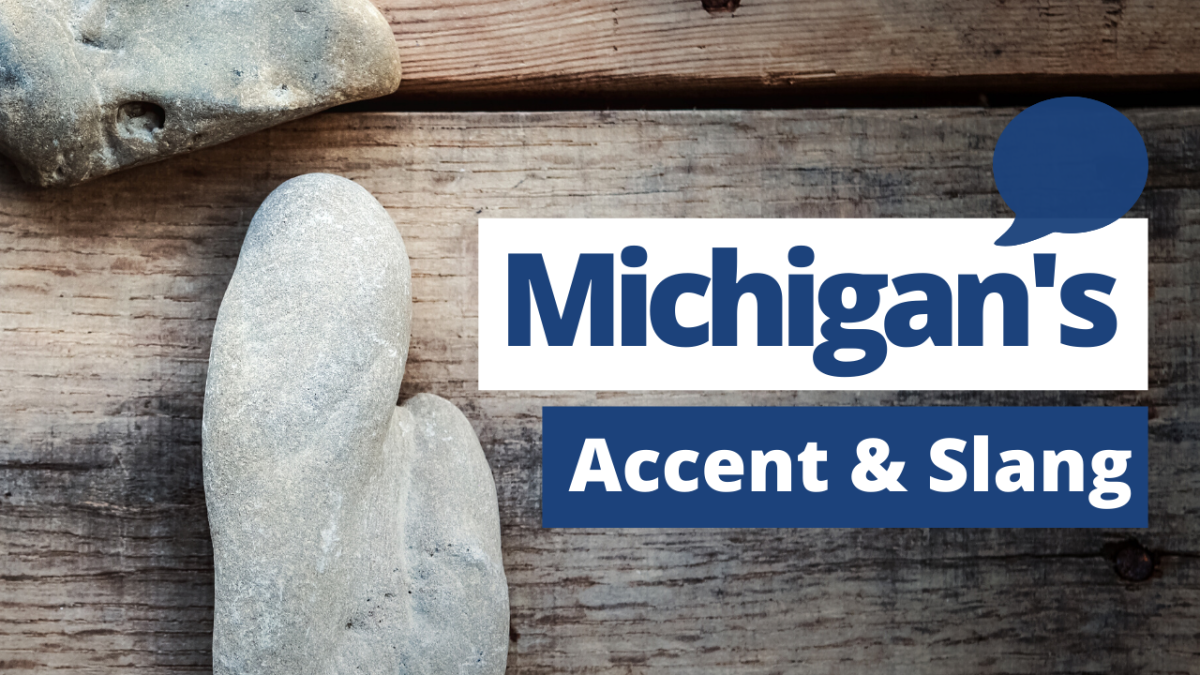Study English Online, Verb Tense
English Verbs

A Verb is...
English Verbs in Writing
No matter the task we embark upon, verbs top the list of the many very important tools of communication. Verbs allow us to express our needs, wants, actions, and duties. Without these little expressive squiggles, we would live in a truly boring world. Think about literature absent of action words, comedy stripped of humor, and speeches free of any tonality of passion whatsoever. Motionless, and emotionless would be the world we would live in if verbs were to be omitted from our English Language.
This Guide to Verbs is put together with the idea that using such magical creations will bring depth, create substance, and provide interest in your written works as well as your daily life. But using them incorrectly or without their proper intention, can be just as ugly as not using them at all! Let's learn a little more about our action packed friends we call, English Verbs.
ENGLISH VERB BASICS
Looking to improve your English? A good place to start is with Verbs!
What is a verb?
Words that express:
- action
- condition
- state of being
- Often verbs are referred to as "action words"
Books To Read To Learn English Verb Use
The Big Book of English Verbs is truly a one-stop book when it comes to learning your English verbs! It includes a CD-ROM with over 200 practice exercises to keep your verb learning fun and in shape. Combine the Big Book of Verbs with the
Ultimate Phrasal Verb Book and see just how easy it is to absorb the verb network even when English is your Second Language. This book presents 400 common phrasal verbs as they are used in everyday English, not just the proper phrasings, but those used in common conversation that may have a little "swag of slang" to them! This is a vital duo-companion read for any ESL student!
Check out these examples of some finite verbs.
- The splatter ruined my painting.
- The bagels tasted delicious.
- The dog caught the floating Frisbee.
- Who ate the green licorice?
- Halt!
MAIN VERBS
a.k.a. Finite Verbs
- Make a statement
- Express a state of being
- Can remain by themselves in a sentence
Looking for More English Language Tips?
Then you will want to read Grammar Mishaps: Capitalization Rules by Robin!
Looking for a few Smart Words?
Speaking English can be difficult, and speaking it well enough to sound smart takes a lot of hard work! Learning a few powerful words and how to incorporate them into a standard conversation can help you sound intelligent and interesting!
VERBALS
a.k.a. Non finite Verbs
- These verbs are not complete, so they cannot be used by themselves in a sentence
- Instead, they must be used with auxiliary ("helping") verbs
- Non Finite verb forms include: gerunds, infinitives, and participles
Let's look at some examples of Non Finite Verbs:
- Dancing is great exercise. (Gerund: verb form that functions as a noun)
- Do you like new dancing shoes? (Participle: verb form that functions as an adjective)
- We plan to go dancing this friday. (Infinitive: "to" + verb form—multiple functions)
Gerund Bonus Tip
Gerunds and present participles both always end in "-ing," so you must determine if the word is a noun (gerund) or adjective (participle) to know which type of verbal it really is:
- Writing is fun. (Writing is a gerund)
-AND-
- The writing man made the children smile. (Writing is a participle)
What Do You Think?
Do you need to refresh your English Verb skills?
What the Heck is a Gerund?
A Little More About Gerunds
Gerunds are a part the verb family and act as vital components in the English Verb world, and here is how:
GERUNDS
- Demonstrate action or state of being
- All gerunds end in "-ing"
- Always act as nouns and can be used in the same way as a noun is used:
- subjects
- direct objects
- subject complements
- objects of preposition
Take a Look at these Gerund Examples:
- Researching can help prepare you to write articles. (subject)
- He does not like my cooking. (direct object)
- My friend Gordon's favorite hobby is fishing. (subject complement)
- She was punished for fleeing. (object of preposition)
Infinitive Bonus Tip
Infinitives can always be identified by "to" + verb form:
To leave now would be rude.
NOT
Leaving now would be rude.
What is an Infinitive?
A Little More About Infinitives
Let's take on a little more information about infinitive verbs.
INFINITIVES
- Demonstrate action or state of being
- May also function as nouns, adjectives or adverbs, so determining their exact role in a sentence can be difficult
A Couple Infinitive Examples:
- To stop so late seemed scary. (noun)
- She possessed the courage to succeed. (adjective)
Participle Bonus Tip
Participles can be combined with other verbals:
Her art was a sight to be seen. (infinitive "to be" + participle "seen")
What is a Participle?
A Little More About Participles
PARTICIPLES
- Demonstrate action or state of being
- Function as adjectives (descriptive words) in a sentence
- Present participles end in "-ing"
REGULAR VERBS - SINGULAR FIRST PERSON
PRESENT
| PRESENT PARTICIPLE
| PAST
| PAST PARTICIPLE
|
|---|---|---|---|
bounce
| am bouncing
| bounced
| (have) bounced
|
clean
| am cleaning
| cleaned
| (have) cleaned
|
jump
| am jumping
| jumped
| (have) jumped
|
laugh
| am laughing
| laughed
| (have) laughed
|
start
| am starting
| started
| (have) started
|
wash
| am washing
| washed
| (have) washed
|
A few Present participle Examples:
- The blazing fire burned out of control.
- The shimmering diamond caught my eye.
Past participles usually end in "-ed," but may also end in "-en," "-d," "-t," or "-n":
- requested
- taken
- saved
- meant
- seen
- Children exposed to radiation will be sickly.
- The road taken through the orchard was bumpy.
IRREGULAR VERBS
Irregular verbs are not like regular verbs, the past and past participle forms in the irregular verbs are not created by adding "-d" or "-ed" to the present tense form; instead they are formed in irregular ways, and are NOT consistent!
Which is Which?
Lay and lie are not the same word, but they are often misused because the past form of lie is lay—lie down, as an example.
However;
- She lay on the bed while she was sick.
- It's no lie how important it is to know your verbs!
Conjugating Verbs
Conjugating Verbs is a vital component in learning any language; to "conjugate" simply means to create various forms of the verb from one basic form.
REGULAR VERBS
- To be a regular verb, the past tense and the past participle are formed by adding the ending "-d" or "-ed" to present tense form
- Regular verbs are consistent; the past tense of the verb always ends in "-ed," as does the past participle
Every language on earth conjugates its verbs (in some manner)—so everyone, everywhere, needs to learn to conjugate well!
Below is a chart that shows the regular verbs (for singular first person )
English Verb Understanding
This is simply an article designed to help understand the basic use of English language verbs. The subject goes much deeper and has much more to understand than what you find here today. To fully understand and use verbs accordingly, I believe one must become dedicated and allow time to marinade with the topic. In the long run, the discovery of verbs can take you as far as your imagination actively allows you to travel!








